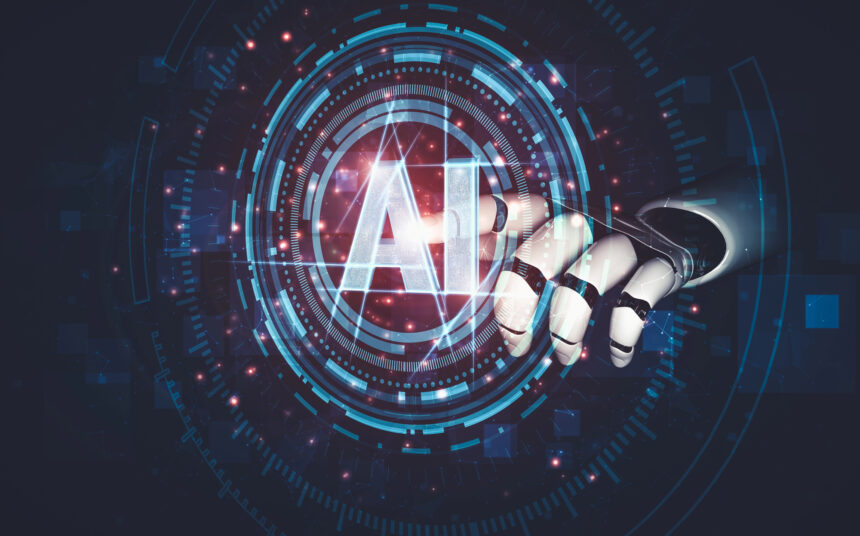We have talked a lot about some of the benefits of using AI to run a business. There is no wonder that companies around the world are expected to spend over $244 billion on AI by the end of this year.
One of the biggest reasons companies are using AI is to improve their decision-making, which is why more of them are looking for an AI solutions development company like 8allocate. Keep reading to learn more.
More Companies Are Embracing AI to Make Smarter Decisions
As we mentioned in a previous article, AI is changing how companies do business forever. The biggest example of this is with how it improves decision-making.
Artificial intelligence has become a powerful for companies that want to make better choices in nearly every department. It can help with everything from hiring to forecasting and even contract review. More businesses are using AI not just to crunch numbers more easily, but to improve how decisions are made. One recent survey found that 92% of business leaders said companies should be using AI to help with decision making. Other research has shown that it is already happening. Another survey found that 79% of businesses report they’re using AI to improve their decision-making processes.
They aren’t just using it because it is faster and can help cut costs. Around 47% of companies believe AI will make them more credible in the eyes of customers, investors, and even regulators. That trust comes, in part, from making better decisions faster and being able to back those decisions with clear data.
Jaideep Matto, Chief Data Officer at CIMB Bank, shared on LinkedIn how companies like Amazon and Tesla are doing just that. Amazon uses AI to predict customer demand, which has changed the way their supply chains run. Tesla takes real-time data from its cars’ sensors to improve not only the user experience but also safety. These kinds of examples tend to focus on customer-facing benefits, but there’s a whole side of AI that works behind the scenes, shaping how internal decisions are made, even before they affect the market.
One of the best case studies is with J.P. Morgan. The bank uses a system called COIN that reviews and analyzes legal documents. Instead of weeks of review, COIN can process 12,000 commercial credit agreements in seconds. That’s not a future goal — that’s what they’re doing now. And it changes how the legal and compliance departments can operate, shifting focus from paperwork to higher-level thinking. This is one of the best examples of how AI is changing the financial industry.
Among large companies, this shift is already well underway. Sixty percent of businesses with more than 10,000 employees are using AI across multiple departments. For smaller firms, the gap is closing fast as more tools become accessible and easier to implement.
That’s where a company like 8allocate comes in. Founded in 2015 and based in Tallinn, Estonia, 8allocate is an AI solutions development company with R&D centers spread across Central and Eastern Europe. They specialize in helping companies automate operations and apply predictive analytics to real business problems. They’ve completed over 200 projects and can kick off a new one in as little as one week. Andrey Kalyuzhnyy, the cofounder and managing partner, has led the company’s growth into a trusted name for firms that want to build with AI but don’t have the resources or time to do it alone.
Of course, not every company is moving at the same speed. Some leaders still think AI too complicated or not the right fit. But the momentum is clearly pointing in one direction. Businesses that invest in smarter decision tools today are likely to be ahead tomorrow.
Some people say AI making things too automatic. Others think it just takes away jobs. That might be true in some situations. But in many more, it’s opening up time for people to focus on more meaningful work — the kind of work machines can’t really do.
Decision-making will always involve a human element, but more and more, it’s being supported by tools that never sleep, never forget, and never stop learning.











